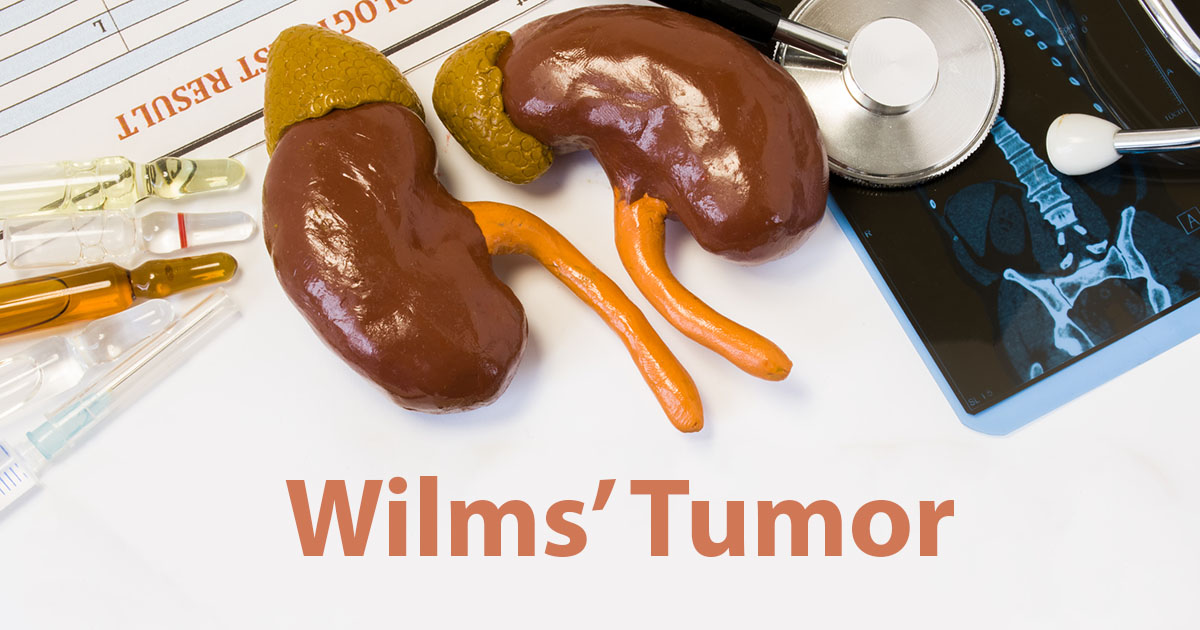Rare Forms Of Cancer To Be Aware Of
Childhood Kidney Disease: Wilms’ Tumor

Wilms’ Tumor, also formally known as Nephroblastoma, is one of the rarest types of kidney cancer that predominantly affects children. Despite its rarity, it is the most common type of kidney cancer in children. This cancer primarily affects children around the ages of three and four, and it becomes less common after age five.
The illness affects approximately one person for every ten thousand individuals worldwide before the age of fifteen, and patients of African descent have slightly higher rates for developing the disease. Wilms’ tumor usually occurs in one kidney but can occur in both as well. There are approximately five-hundred diagnosed cases in the United States every year, but thankfully, the disease is highly responsive to treatment, with ninety percent of patients surviving at least five years. Common symptoms of Wilms’ tumor include abdominal pain, loss of appetite, fever, nausea, and vomiting, possible blood in the urine, high blood pressure, and a painless, palpable abdominal mass.
Diagnosing, Staging, And Treating Wilms’ Tumor

The first stage in diagnosing Wilms’ tumor is the patient will have a painless abdominal tumor that can be felt by a doctor, which can be confirmed with an ultrasound scan, computed tomography scan, or MRI scan. A tumor biopsy is typically not done as it poses a risk of creating fragments of cancer tissue and planting malignant cells within the abdomen. Next is staging, which is the standard way to describe the extent of the spread of the tumor, and to determine prognosis and treatments. Stage One is the most common form, as it affects forty-three percent of all cases, and is the easiest stage to treat. Stage Two affects twenty-three percent, Stage Three affects twenty percent, Stage Four affects ten percent, and Stage Five affects five percent of all known cases.
Treatment options for children suffering from Wilms’ tumor include surgery to remove the infected kidney, as early removal tends to promote positive outcomes. Chemotherapy and radiation therapy are usually only used if the tumor is deemed a Stage Five tumor, as early stages only require surgery, as well as lymph node sampling to ensure cancer has not spread and has been effectively removed.
